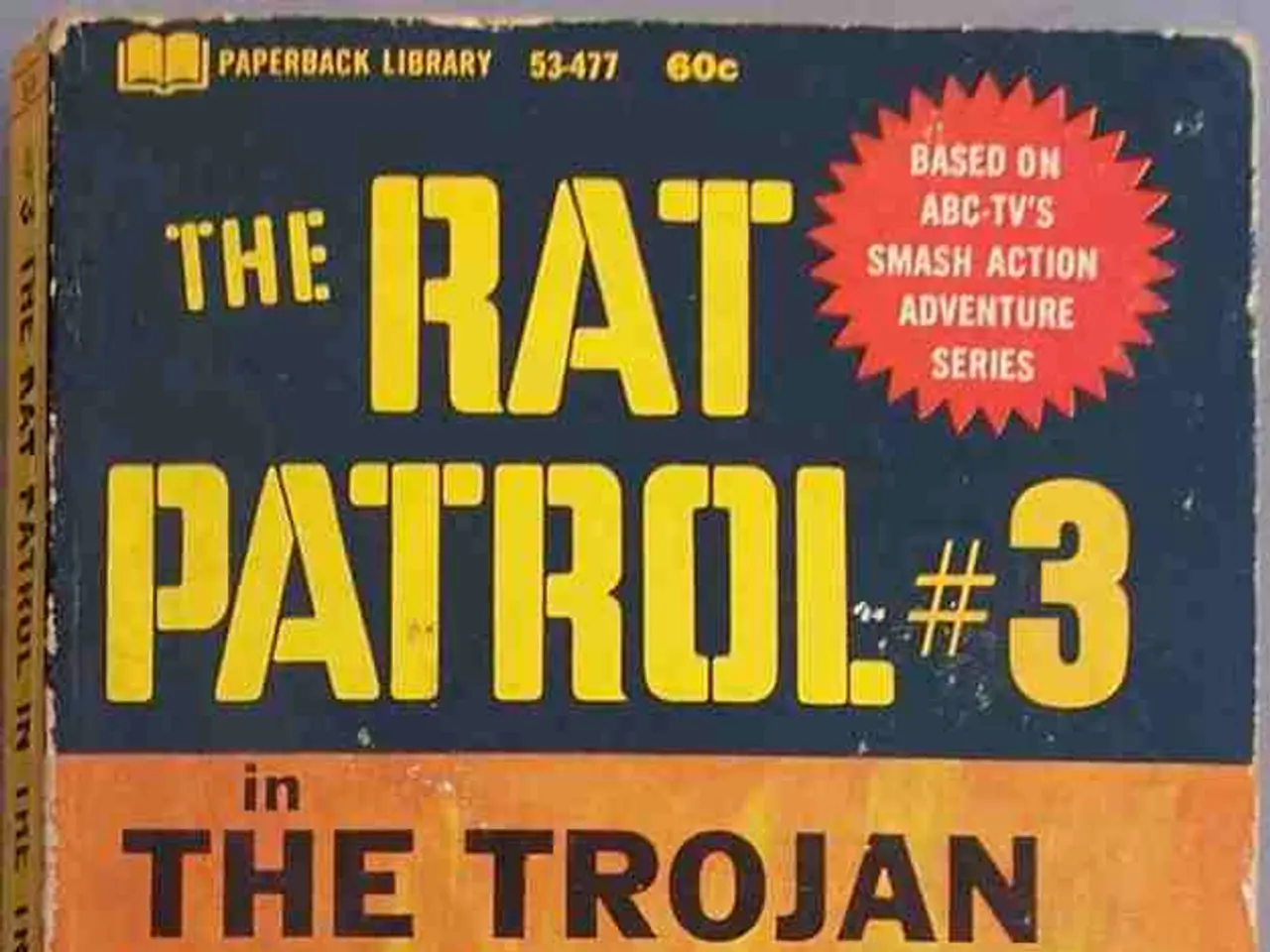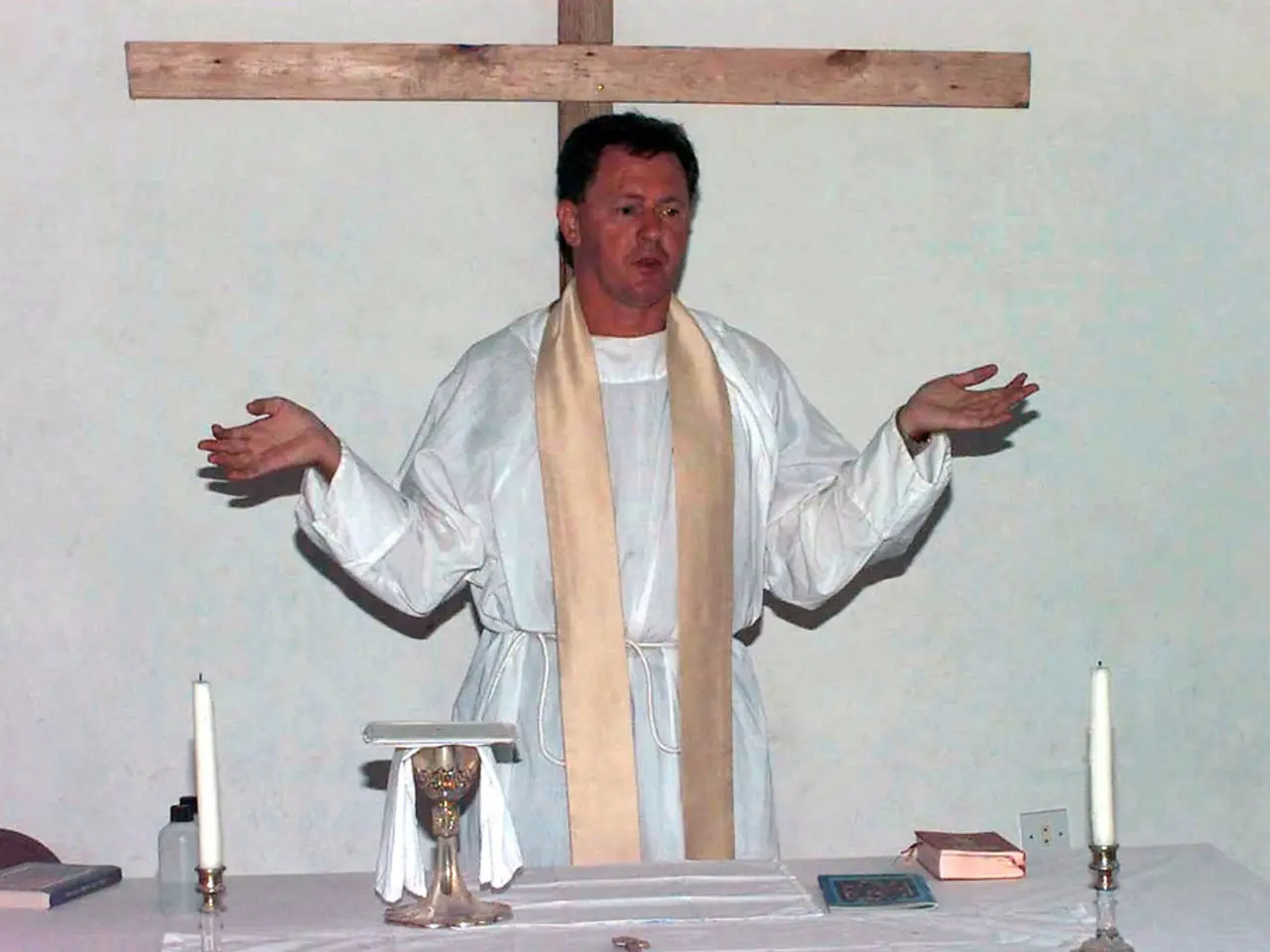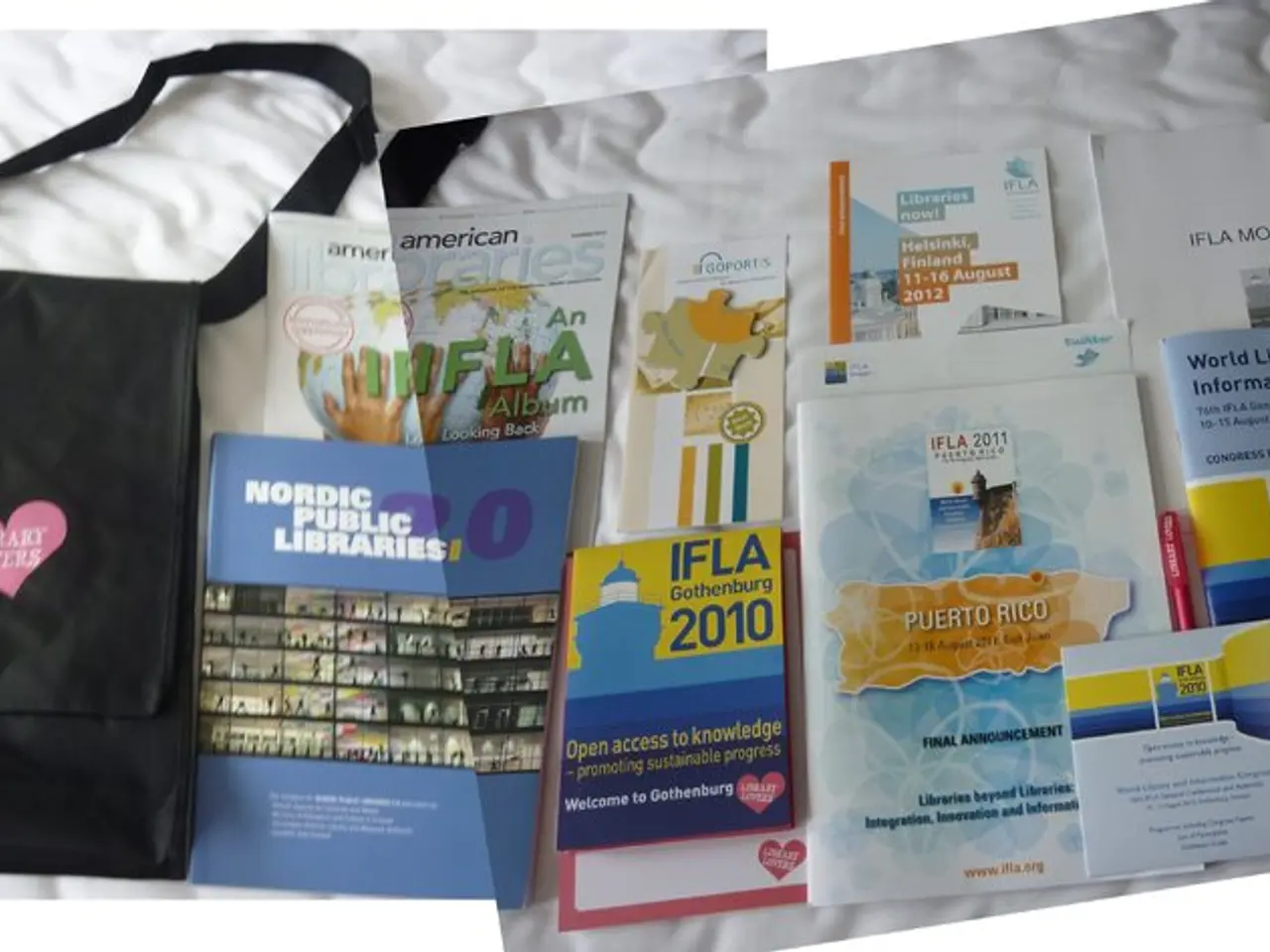United Nations sanctions funding for peacekeeping operations in Lebanon, overriding Israeli stipulations.
In a significant development, the United Nations (UN) is facing a reduction in its peacekeeping budget due to substantial funding cuts from major contributors, particularly the United States, amidst broader economic uncertainty and political decisions. This reduction has led to a drastic reduction in financial support for peacekeeping operations and related humanitarian aid.
### Causes of the Budget Reduction
The primary cause of the budget reduction can be traced back to the Trump administration's decision to rescind over $361 million from key UN peacekeeping missions such as MONUSCO in the Democratic Republic of Congo (DRC) and UNIFIL in Lebanon. Additionally, a $203 million cut targeted UN peacekeeping missions specifically, as part of a broader rescission package clawing back foreign aid appropriations.
Other UN member states have also reduced their contributions amid global economic uncertainty, compounding the funding shortfall. The FY26 U.S. budget proposal rebranded the Peacekeeping Operations account to the “National Security Engagement Account” and proposed slashing it by 93%, from $411 million to $30 million, effectively eliminating the traditional UN peacekeeping contribution line item (CIPA). The administration cited cost concerns, alleged mismanagement, and failures in some missions to justify cuts and push for more efficient or downsized operations.
### Impacts on UN Operations
The scaling back of aid and operations has led to a drastic reduction in the UN Office for the Coordination of Humanitarian Affairs' (OCHA) aid plans, which were originally seeking $44 billion. Due to receiving less than 13% of requested funds by mid-2025, OCHA has been forced to prioritize the most urgent needs, leaving millions in need without vital aid.
Cuts to peacekeeping budgets also threaten the stability maintained by missions like MONUSCO in the DRC, which plays a critical role in preventing renewed conflict and supporting regional diplomacy in a geopolitically sensitive area rich in rare earth minerals. Funding reductions could destabilize fragile regions, worsen humanitarian crises, and undermine efforts to protect civilians and maintain peace.
The funding cuts and rescission proposals represent a retreat from previous U.S. commitments to UN peacekeeping and international organizations, potentially weakening American influence and leadership in global peace and security initiatives.
### Summary Table
| Cause | Details | Impact | |--------------------------------|-----------------------------------------------------------------------------------------------|------------------------------------------| | U.S. rescission packages | >$361 million cut FY24/25 for MONUSCO and UNIFIL; $203 million cut for UN peacekeeping | Weakened key missions, less stability | | Budget reallocation FY26 | Peacekeeping budget slashed by 93%; CIPA eliminated, replaced with restricted account | Reduced predictable funding, mission cuts | | Political/economic uncertainty | Other member states reduce funding amid global crises | Lower overall UN humanitarian aid | | Mission inefficiencies cited | Allegations of mismanagement and failure in some missions (e.g., UNIFIL) | Justification for cuts, calls for efficiency | | Humanitarian aid shortfalls | OCHA funding falls to 13% of demand, forcing drastic scale-back | Reduced aid to millions in need |
In conclusion, the UN peacekeeping budget reductions stem from major donor withdrawal, especially by the U.S., political considerations, and economic constraints, leading to significant scaling back of peacekeeping and humanitarian operations. This threatens global stability in conflict zones and undermines the UN’s capacity to fulfill its peacekeeping and aid mandates.
The U.S. Administration's decision to rescind over $361 million from key UN peacekeeping missions like MONUSCO and UNIFIL is a significant cause of the budget reduction, along with other member states reducing their contributions due to global economic uncertainty. The impacts of these reductions are evident in the UN Office for the Coordination of Humanitarian Affairs (OCHA) having to prioritize the most urgent needs, leaving millions without vital aid, and potential threats to the stability of critical regions, such as the Democratic Republic of Congo, where MONUSCO plays a significant role in preventing renewed conflict.






